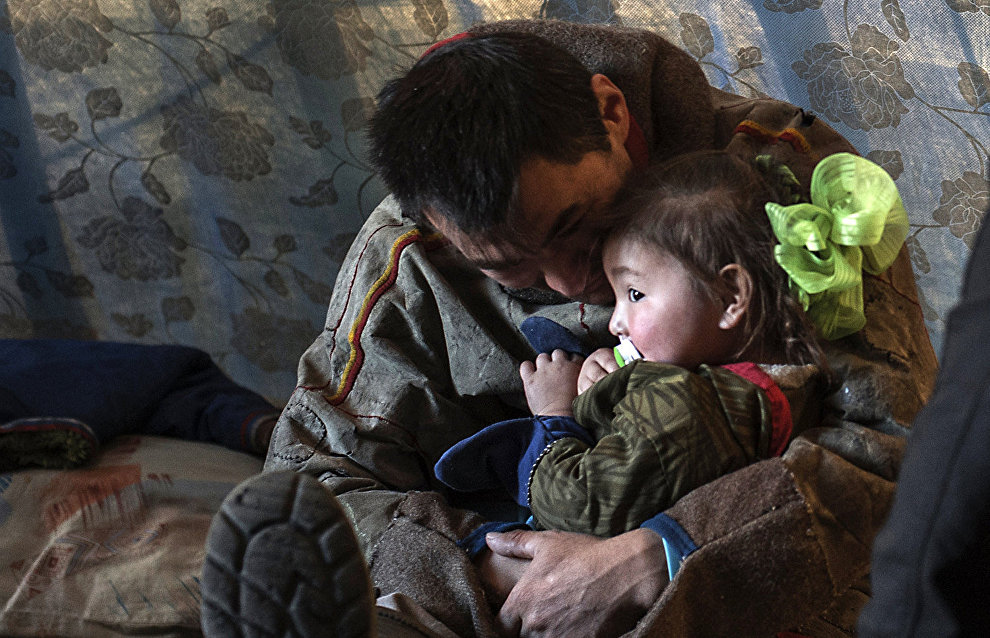Everyone should feel comfortable in the Arctic
Question: You said that about a quarter of the population in the region are workers on a rotational basis. Do you think those who come to the Arctic for work should feel equal with the local residents?
Alexander Kalinin: I believe everyone should feel comfortable and, honestly, we need everyone. Some deposits are difficult to access, located too far from any community, and rotation work is the only way to develop them. People have to work in very harsh conditions there.
When it comes to competition between rotation workers and local people, we don't see much competition right now. Of course, extraction sites are very spread out, but local workers are more common where mines are located near residential communities while the rotation workers go to remote sites.
Question: Is there a substantial difference in income between local residents and rotation workers?
Alexander Kalinin: Workers with the same skill level make about the same money. Naturally, street cleaners and investment bankers have different incomes in Moscow as well. It's the same everywhere.
Question: What do you think about opening universities in the Arctic regions?
Alexander Kalinin: We can see how education technology is developing today and we understand that this is the future. We don't have a project like this so far, but we hope that platforms for combined online, distance and module training will be created in the next four or five years. I believe this is the future of education in the Arctic.
Question: Will locally provided education prevent the population outflow from the Arctic?
Alexander Kalinin: Probably. Many people leave to get an education and only 15 percent come back. But in my opinion, the main problem is harsh natural and climate conditions. Not everyone wants to study during polar nights when the outside temperature is minus 50 degrees.
